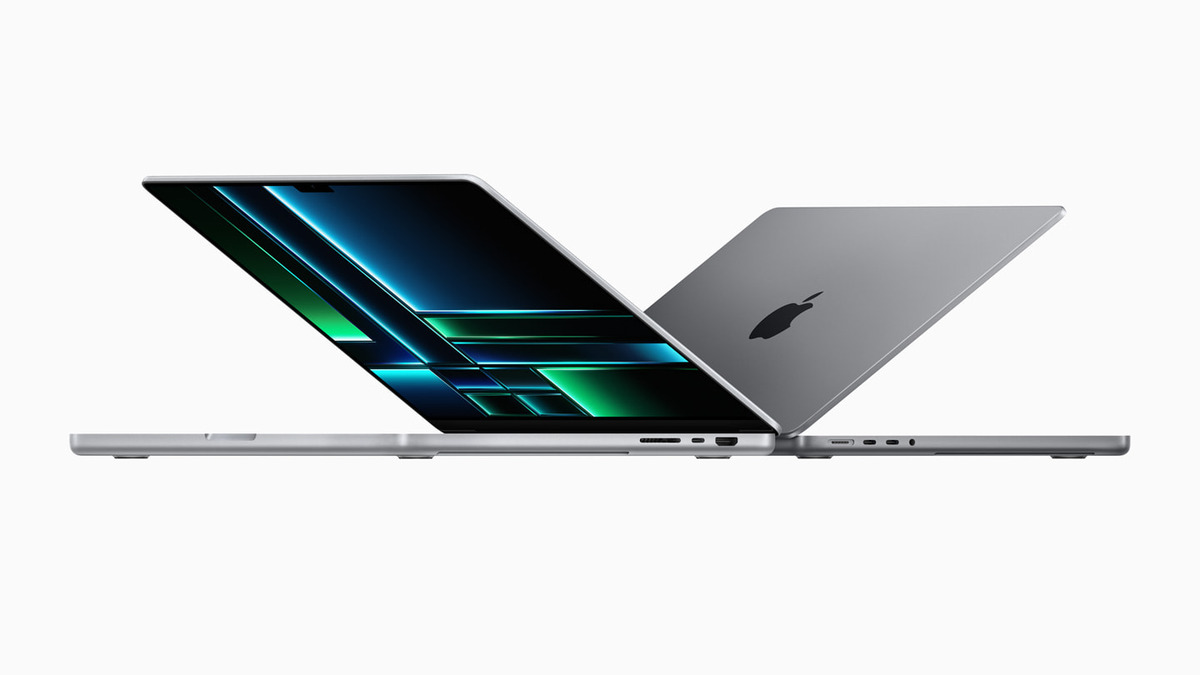Intel is reportedly moving forward with an aggressive strategy for its upcoming Nova Lake desktop CPUs, placing orders with TSMC for its advanced 2nm process node. This significant development, reported by Taiwan Economic Daily, signals a strategic shift in Intel’s manufacturing roadmap under new leadership.
The Nova Lake compute tile, according to the report, will be outsourced entirely to TSMC, leveraging the cutting-edge 2nm node that has also attracted major players like AMD and Apple.
Intel’s decision to go this route instead of prioritizing its own 18A process node has raised eyebrows across the tech industry, especially given Intel’s prior claims that its 18A would outperform TSMC’s N2 in terms of power, performance, and area (PPA).
Intel Products CEO Michelle Johnston Holthaus has been clear: delivering the best products for consumers takes precedence over internal preferences. That means if TSMC’s node offers a competitive advantage, Intel won’t hesitate to adopt it.
This opens the door to a dual-sourcing approach, where Intel would use TSMC for high-performance segments while still utilizing its own foundry for select products like Panther Lake SoCs and Clearwater Forest Xeons.
TSMC’s 2nm node is quickly becoming the most coveted piece of real estate in the chip world. AMD was recently announced as its first 2nm customer for the EPYC “Venice” chips, and Apple is expected to debut the node in its A20 chip for the iPhone 18.
Intel’s move cements TSMC’s dominance in next-gen semiconductor manufacturing—but it also signals a potential step back for Intel Foundry Services, at least in the short term.
With Intel planning to double both its performance and efficiency core counts in Nova Lake, and fierce competition across the industry, it’s clear that Team Blue is focusing more on execution and market wins than internal politics.
For now, all eyes will be on how Intel balances outsourcing with in-house innovation as the Nova Lake generation draws closer.












Leave a comment